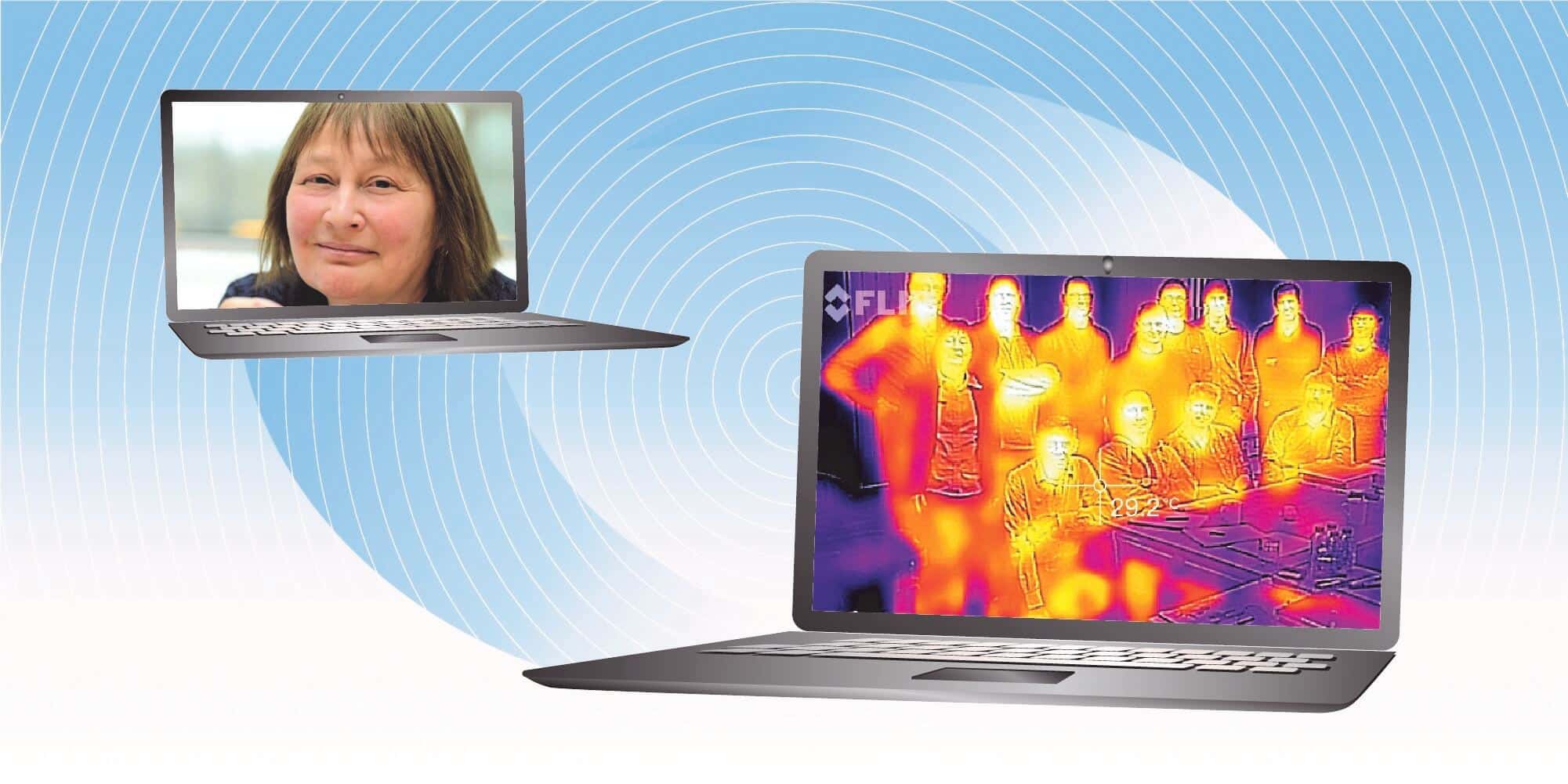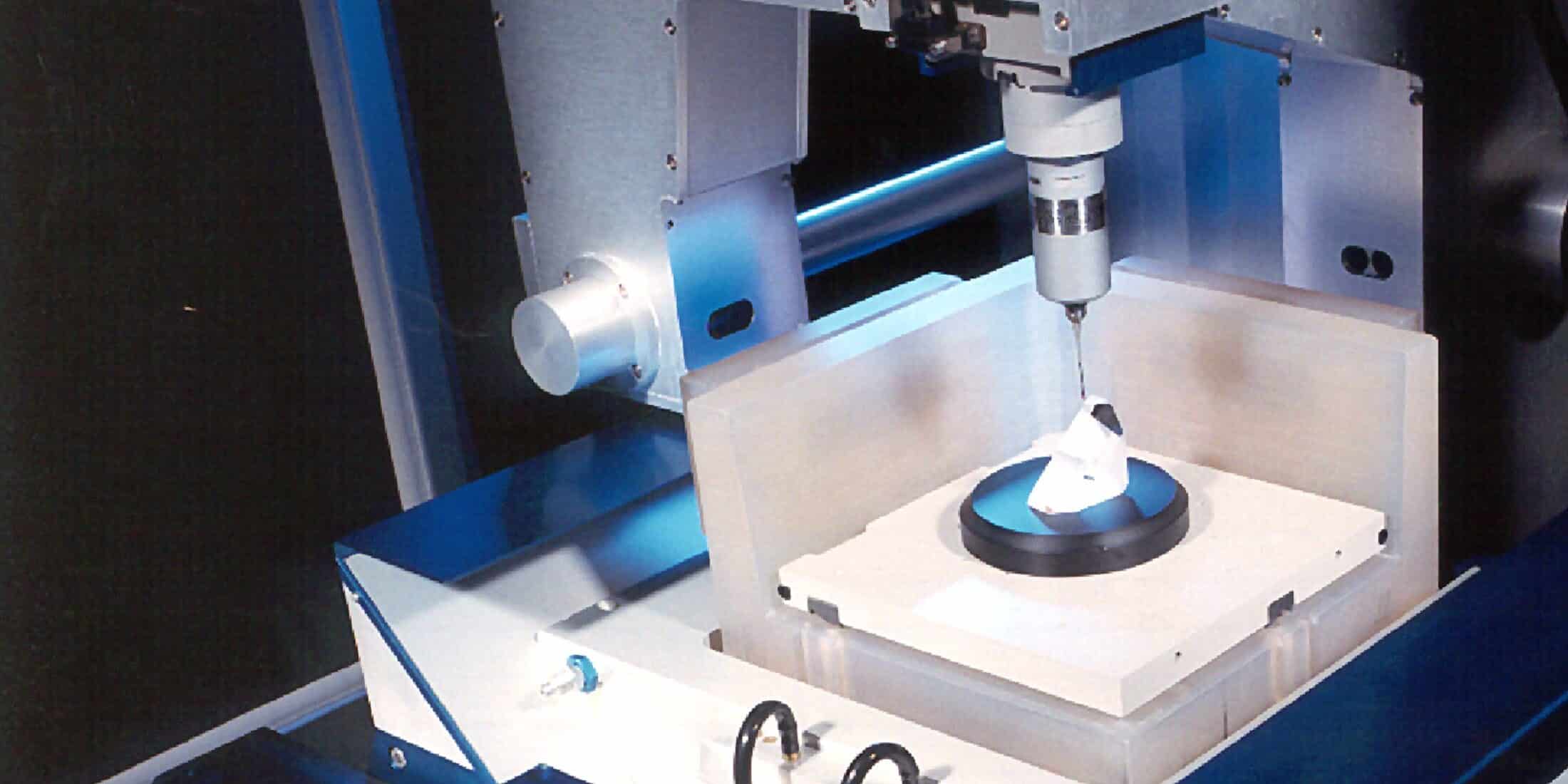Rationale
Industry moves towards ever increasing functionality, performance, miniaturization and less cost, resulting in higher heat densities and corresponding higher temperatures. Unfortunately, these have a negative impact on the performance, reliability and lifetime of electronic products, making thermal design more challenging than ever.
Optimization of thermal design is relevant for many electronic applications, such as consumer electronics, semiconductors, power electronics, LED applications, automotive, data centers, internet of everything, digital twins etc.
The very experienced lecturer Wendy Luiten (winner of the prestigious Harvey Rosten Award 2014 and the Thermi Award 2024) teaches participants how to solve the thermal problems inherent in electronics today. Based on lots of industrial thermal design experience, she presents a balanced mix of theory and practice.
The famous 20+year old 3-day classroom course, originally intended for inexperienced as well as experienced participants, has been replaced by two modules to meet the requirements of modern times.
- Electronics cooling thermal design (COE-TD; lecturer: Wendy Luiten)
This module is organized either as a 5 half-days online module (via Microsoft Teams) or as a 3 full-days offline classical course. It is intended for engineers not experienced in thermal design.
- Advanced thermal management of electronics (COE-ADV; lecturer Wendy Luiten)
This module is organized as a 4 half-days online module (via Microsoft Teams). It is intended for engineers familiar with at least the contents of the thermal design module.
We kept the excellent and high-quality contents. We addressed feedback from our previous trainings to change the original course:
- split up the thermal design part (module 1) and the advanced cooling topics part (module 2);
- add much more time to digest the theory;
- provide more opportunities for hands-on practice;
- spend more time on current and future electronic cooling solutions.
The thermal design module allows for sufficient opportunities for practicing and achieving an active skill level for designing new thermal applications, evaluating existing thermal applications, and assessing computational simulation models.
The advanced part builds on this foundation and is scheduled several weeks later. This provides more time to get familiar with the material and facilitates the uptake of the advanced material.
We strongly advice not to attend only the thermal design part since the advanced thermal management course gives very valuable additional information to assist in preventing thermal problems.
Both trainings are available for open enrollment as well as for in-company sessions. For in-company sessions, the training can be adapted to your situation and special needs.





